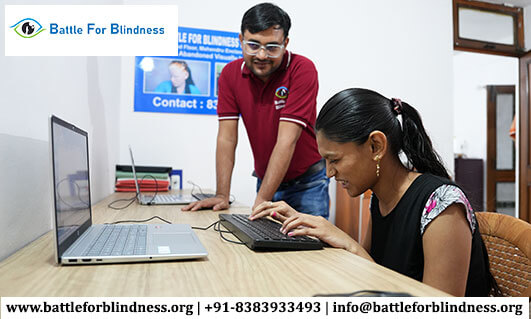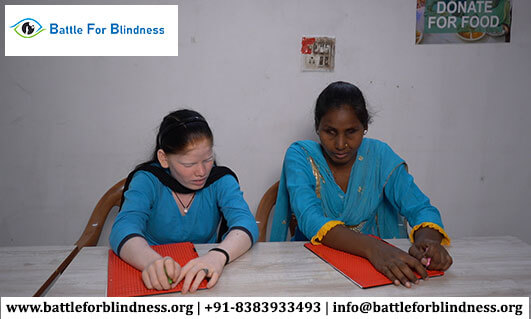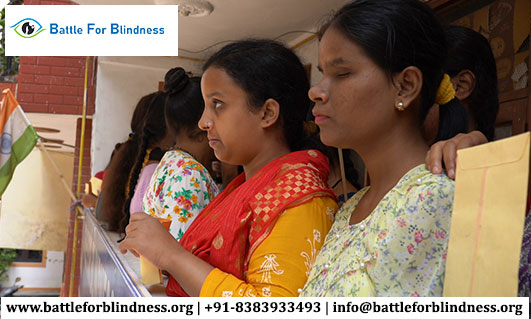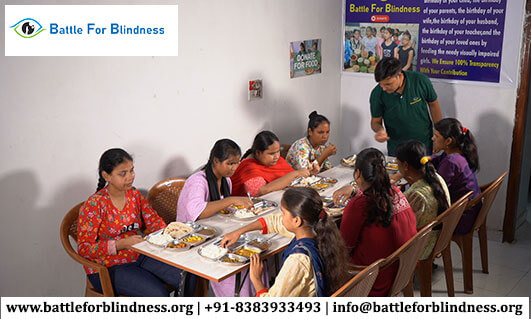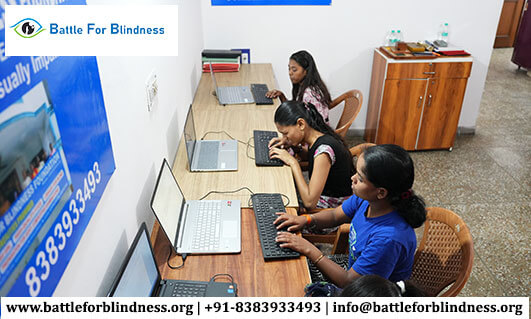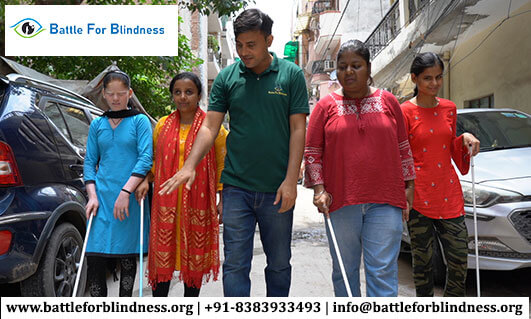
As people age, vision loss becomes a significant concern, affecting their independence, daily activities, and overall quality of life. In India, where the aging population is rapidly increasing, understanding the legal rights and support options available for seniors experiencing vision loss is crucial. This blog explores the various aspects of vision loss in seniors, focusing on legal protections, available resources, and support systems that can help enhance their well-being.
The Landscape of Vision Loss Among Seniors in India
Vision loss in seniors can be attributed to various factors, including age-related macular degeneration, cataracts, diabetic retinopathy, and glaucoma. According to the World Health Organization, about 80% of all blindness is avoidable, making awareness and early intervention critical. In India, it is estimated that around 7.6 million people over the age of 60 are visually impaired, highlighting the urgent need for effective support systems.
Legal Rights of Seniors with Vision Loss
-
Right to Health Care
The Constitution of India guarantees the right to health care as a fundamental right. This encompasses access to necessary medical services, including vision care. Seniors are entitled to receive medical treatment for vision-related issues through government healthcare schemes, such as the Ayushman Bharat scheme, which provides insurance coverage for hospitalization and specific surgeries.
-
Persons with Disabilities Act (PWD Act)
The PWD Act, 1995, provides comprehensive rights and protections for persons with disabilities, including those with visual impairments. Under this act, seniors have the right to access various facilities, services, and accommodations that cater to their specific needs. This includes provisions for education, employment, and social security.
-
National Policy for the Elderly
The National Policy for the Elderly (2011) emphasizes the need to ensure that older adults have access to quality healthcare and social services. It aims to enhance the living conditions of the elderly and provides a framework for their empowerment, including those experiencing vision loss.
-
Legal Aid Services
Seniors facing challenges related to vision loss can access legal aid services provided by the government and various NGOs. These services help seniors understand their rights and navigate legal processes related to healthcare, disability claims, and elder abuse.
-
Right to Education
The Right to Education Act ensures that every child has access to education. For seniors wishing to continue their education or gain skills, various NGOs and institutions offer special programs that cater to visually impaired individuals, promoting lifelong learning and empowerment.
Support Options for Seniors with Vision Loss
-
Government Schemes and Initiatives
Several government initiatives aim to support seniors with vision loss. Programs such as the National Programme for Control of Blindness and Visual Impairment focus on reducing the incidence of blindness through prevention, treatment, and rehabilitation services. Seniors can access free cataract surgeries and eye care services through designated hospitals and clinics.
-
Non-Governmental Organizations (NGOs)
Numerous NGOs in India work tirelessly to support visually impaired individuals. Organizations like The National Association for the Blind and Sightsavers provide a range of services, including eye health education, rehabilitation programs, and assistive technology training. These organizations also advocate for the rights of visually impaired seniors, ensuring they receive the support they need.
-
Community-Based Rehabilitation Programs
Community-based rehabilitation programs play a vital role in assisting seniors with vision loss. These programs offer mobility training, orientation services, and access to assistive devices, empowering seniors to navigate their environments safely and confidently.
-
Assistive Technology and Aids
Technological advancements have led to the development of various assistive devices designed to aid seniors with vision loss. Tools like magnifiers, screen readers, and mobile applications can enhance their daily lives, enabling them to read, communicate, and perform daily tasks more independently.
-
Support Groups and Counseling Services
Emotional and psychological support is crucial for seniors dealing with vision loss. Many NGOs and community organizations provide counseling services and support groups where seniors can share their experiences, connect with peers, and receive emotional support.
Steps for Seniors and Caregivers
-
Educate Yourself: Seniors and their caregivers should educate themselves about the legal rights and available support options related to vision loss. Knowledge is power, and understanding these rights can lead to better advocacy for necessary resources.
-
Seek Professional Guidance: Consulting legal professionals or social workers can provide insights into navigating legal processes related to vision care and disability rights.
-
Utilize Available Resources: Make the most of government schemes, NGO services, and community resources. These support systems are designed to help seniors maintain their independence and quality of life.
-
Engage with Support Networks: Joining support groups can provide emotional comfort and practical advice for both seniors and caregivers facing the challenges of vision loss.
Conclusion
Understanding vision loss and the associated legal rights and support options is essential for seniors in India. With the proper knowledge and resources, seniors can navigate the challenges of aging with vision loss more effectively. By empowering themselves and accessing available support systems, seniors can enhance their quality of life and continue to thrive in their golden years. Through collective efforts from the government, NGOs, and communities, we can create a more inclusive society that respects and upholds the rights of our aging population.
